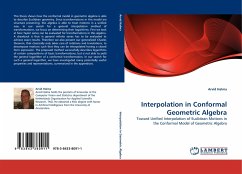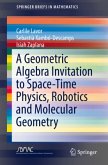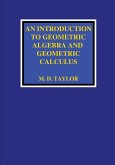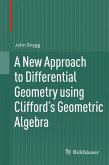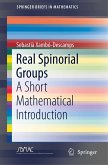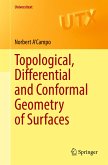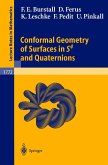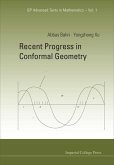This thesis shows how the conformal model in geometric algebra is able to describe Euclidean geometry. Since transformations in this model are structure preserving, this algebra is able to treat motions in a unified way. In our search for a general interpolation method of transformations, we focus on determining their logarithms. First we look at how Taylor series can be evaluated for transformations in this algebra. A drawback is that in general infinite series has to be evaluated to achieve exact results. Therefore we also present our generalized Chasles theorem, that classically only takes care of rotations and translations, to decompose motions such that they can be interpolated having a closed form expression. The proposed method successfully describes logarithms of certain compositions of basic transformations, but is not able to yield the general logarithm of a conformal transformation. In our search for such a general logarithm, we have investigated many potentially useful properties and representations, summarized in the appendices.
Bitte wählen Sie Ihr Anliegen aus.
Rechnungen
Retourenschein anfordern
Bestellstatus
Storno

